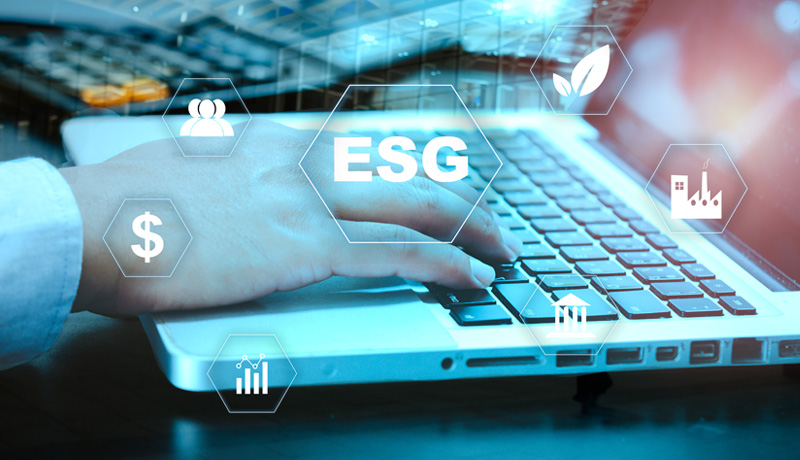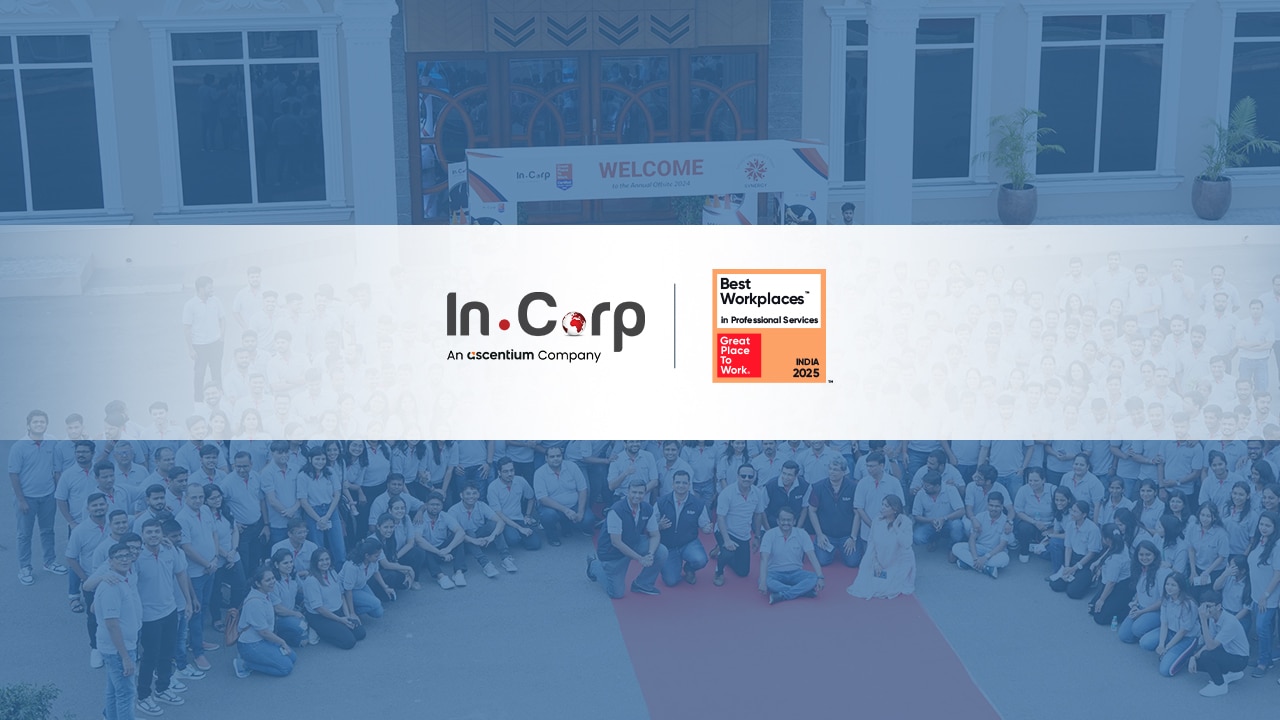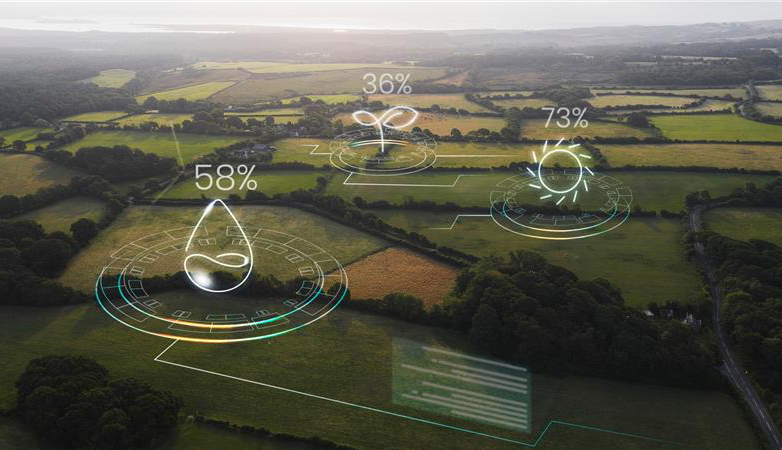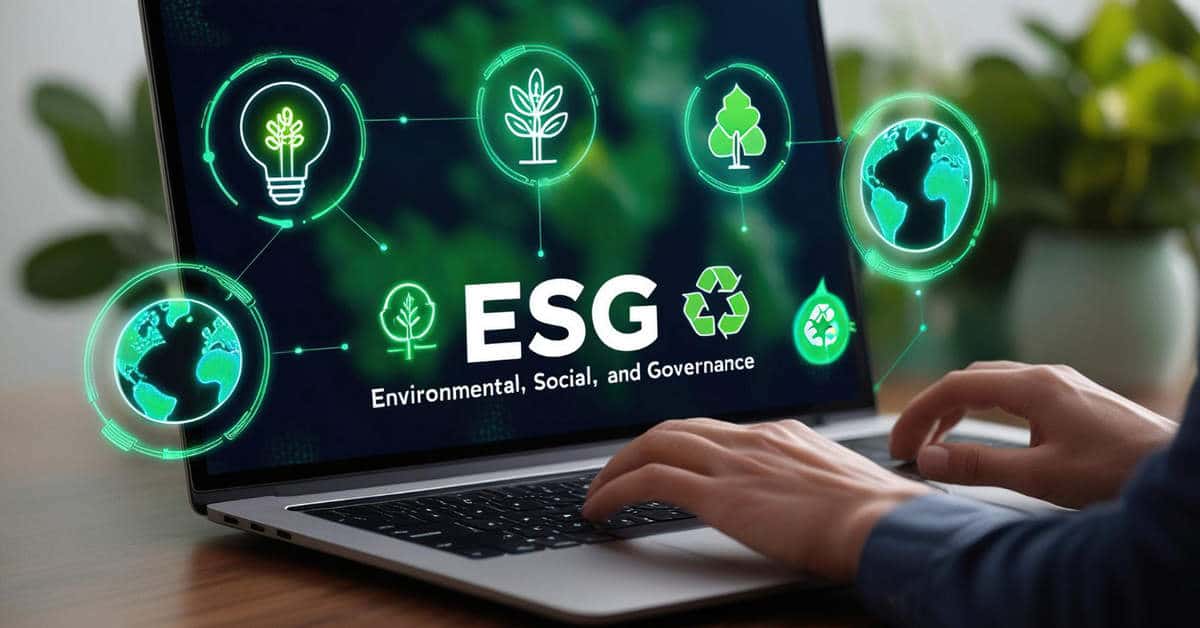BRSR Reporting: More than a Compliance Less Than a Sustainability Report

BRSR Reporting: More than a Compliance Less Than a Sustainability Report
- Last Updated
The Security and Exchange Board of India (SEBI) introduced Business Responsibility and Sustainability Reporting (BRSR) through a circular dated May 2021. BRSR, an evolved version of the Business Responsibility Report (BRR), is an Environmental, Social, and Governance (ESG) framework, which is benchmarked to global frameworks such as GRI, TCFD, SASB, etc. SEBI has mandated India’s Top 1000 listed companies (by Market Capital) to submit the comprehensive version BRSR for FY 2022-23 and onwards. As BRSR reporting has emerged as more than compliance, it has also managed to ensure accuracy and depth of reporting.
Talking about the Sustainability Report, Gyaneshwar Singh, Joint Secretary, Government of India, said, “Disclosures sought under the BRSR report will provide much-needed uniformity as it draws inputs from global sustainability reporting frameworks.”
(The global reporting frameworks referred here are GRI, CDP, SASB, TCFD, and IR, among others)*
India is already a compliance-heavy market, ranked 62 on the Ease of Doing Business index. BRSR may seem like another compliance mandate for businesses, but in fact, BRSR will replace the existing BRR compliance.
BRSR Reporting Compliance
Unlike other compliances and reports (like CARO, which target specific stakeholder), the BRSR targets an extensive spectrum of stakeholders. It is structured to uncover the non-financial risk indicators – for multiple stakeholders such as – investors, shareholders, bankers, employees, community, regulators, customers and suppliers.

Related Read: How to Choose Right ESG Reporting Framework for Business
The variety of raw data required to submit a BRSR report also make this compliance unique. The BRSR framework is significantly data-heavy – with 120+ parameters to be reported across nine core principles. Each of these 9 principles focus on a specific reporting area. The raw data is spread across multiple departments (and often across locations) – for example environment-related data will be collected from the Environment, Health and Safety (EHS) team at the location level, employee benefits data will come from Human Resources (HR) team at corporate level, while community initiatives would be driven by the Corporate Social Responsibility (CSR) team. This shall require a high degree of coordination among various departments.
Rating agencies, both domestic (e.g. CRISIL) and global (e.g. Dow Jones Sustainability Index – DJSI, Morgan Stanley Capital International – MSCI, etc.), have already published ESG ratings and industry benchmarks for companies based on their ESG performance. BRSR will provide consolidated data for these rating agencies to benchmark companies on ESG performance. Quite similar to financial rating, ESG rating is already impacting market cap and institutional / retail investments.
Our Supported ESG Reporting Framework
GRI – Global Reporting Initiative
SASB – Sustainability Accounting Standards Board
TCFD – Task Force on Climate-Related Financial Disclosures
CDP – Carbon Disclosure Project
Conclusion
ESG reporting is picking up in India. SEBI laid out policy and framework norms for ESG rating agencies and expanding the ESG coverage to include more entities (some mutual funds as well!). In the next 10 years, as awareness for measuring and reporting non-financial risks grows, companies that are late adopters of ESG will be penalized by all stakeholders. While BRSR adoption is a challenge for many companies, it is a move in the right direction for Indian companies to integrate with the global business environment.
Why Choose InCorp Advisory?
InCorp offers guidance to businesses at different stages across diverse sectors. Our team of experts has in-depth experience in managing the complexities and intricacies of BRSR reporting. To learn more about our BRSR Reporting or ESG services, you can write to us at info@incorpadvisory.in or reach out to us at (+91) 77380 66622.
FAQs
The BRSR is an initiative towards ensuring that investors have access to standardized disclosures on ESG parameters.
SEBI mandates the application of the BRSR to the 1,000 largest listed companies (by market capitalization) on a voluntary basis for fiscal years 2021-22 and on a mandatory basis for fiscal years 2022-23.
Evolution of Business Responsibility Reporting (BRR), BRSR is an Environmental, Social, and Governance (ESG) framework benchmarked against global frameworks such as GRI, TCFD, and SASB.
BRSR lays considerable emphasis on quantifiable metrics, which will enable easier comparability across sectors and time periods, as opposed to BRR
BRSR reporting is the submission of the Business Responsibility and Sustainability Report, a comprehensive framework mandated by SEBI for India's top 1000 listed companies by market capitalization. It enhances corporate transparency by disclosing information related to Environmental, Social, and Governance (ESG) aspects, ensuring greater accountability.
BRSR is benchmarked to global sustainability reporting frameworks like GRI, TCFD, SASB, etc. This alignment ensures that Indian companies follow international best practices, making their sustainability disclosures comparable and recognizable on a global scale.
While both BRSR reporting and CARO are regulatory mandates aimed at enhancing corporate reporting, they differ in scope, focus, nature of disclosures and stakeholder orientation. BRSR reporting emphasizes on the disclosure of non-financial ESG information whereas CARO mandates specific disclosures related to financial reporting and auditing on a mandatory basis.
Stay compliant with all ESG regulations!
Share
Share







































































